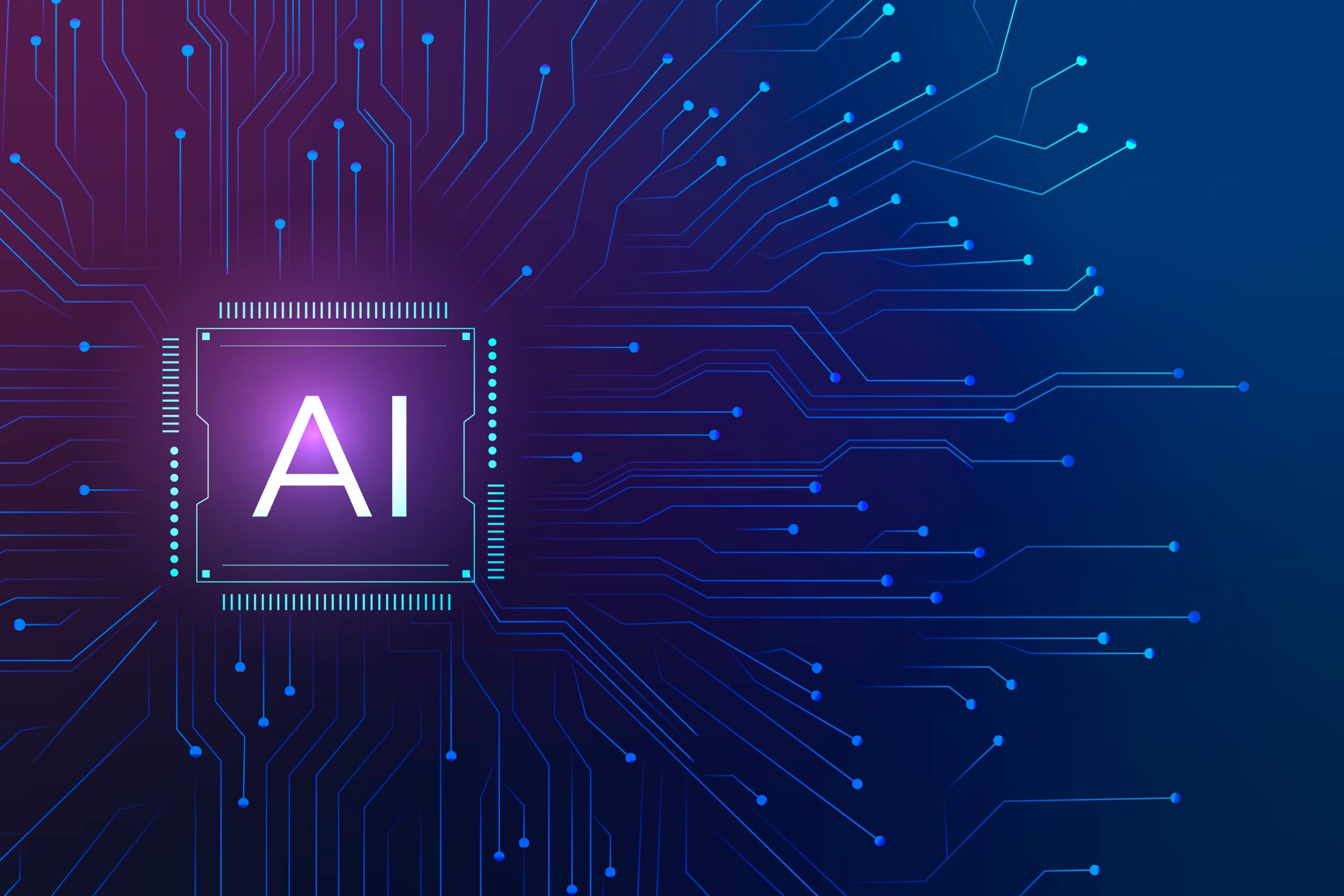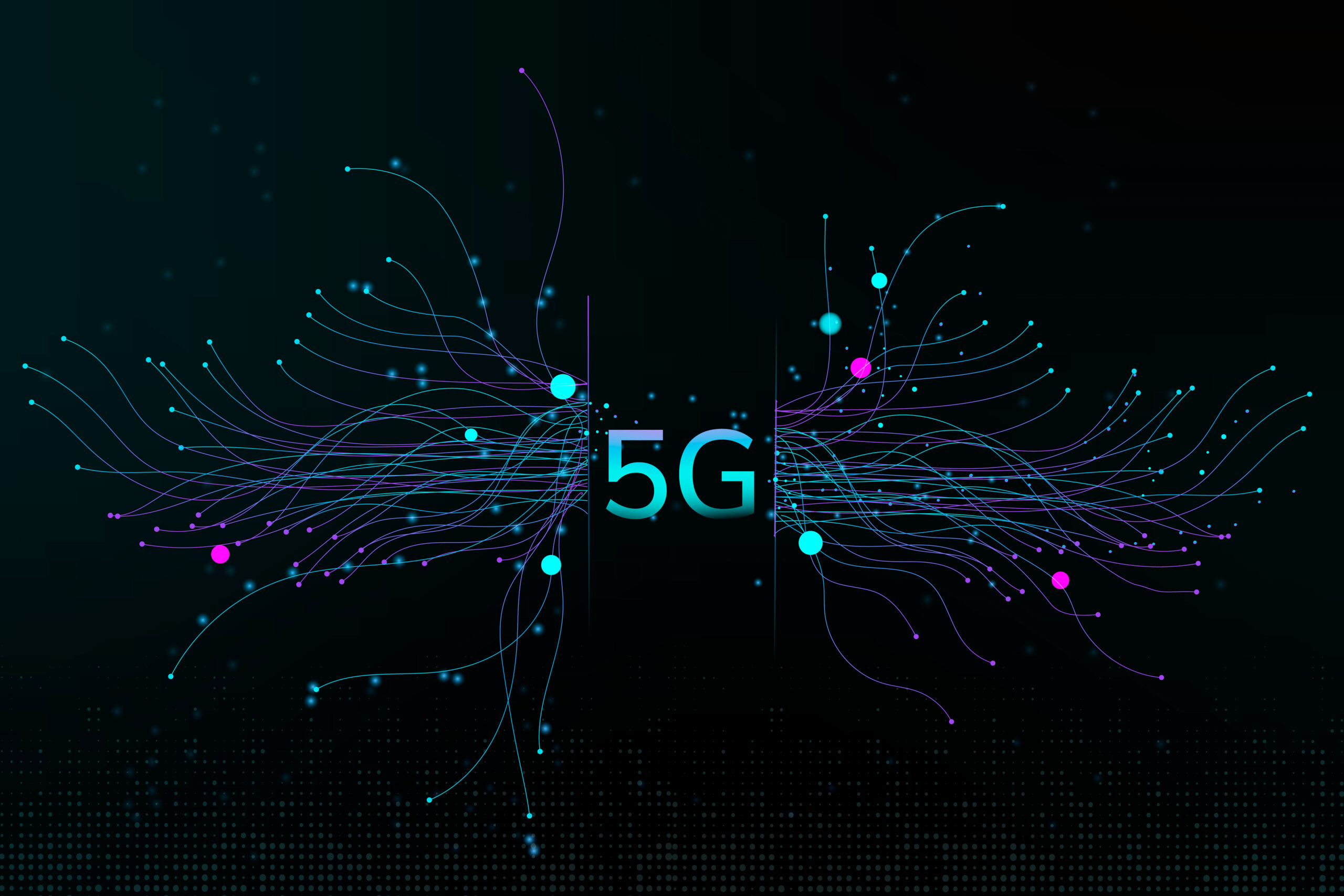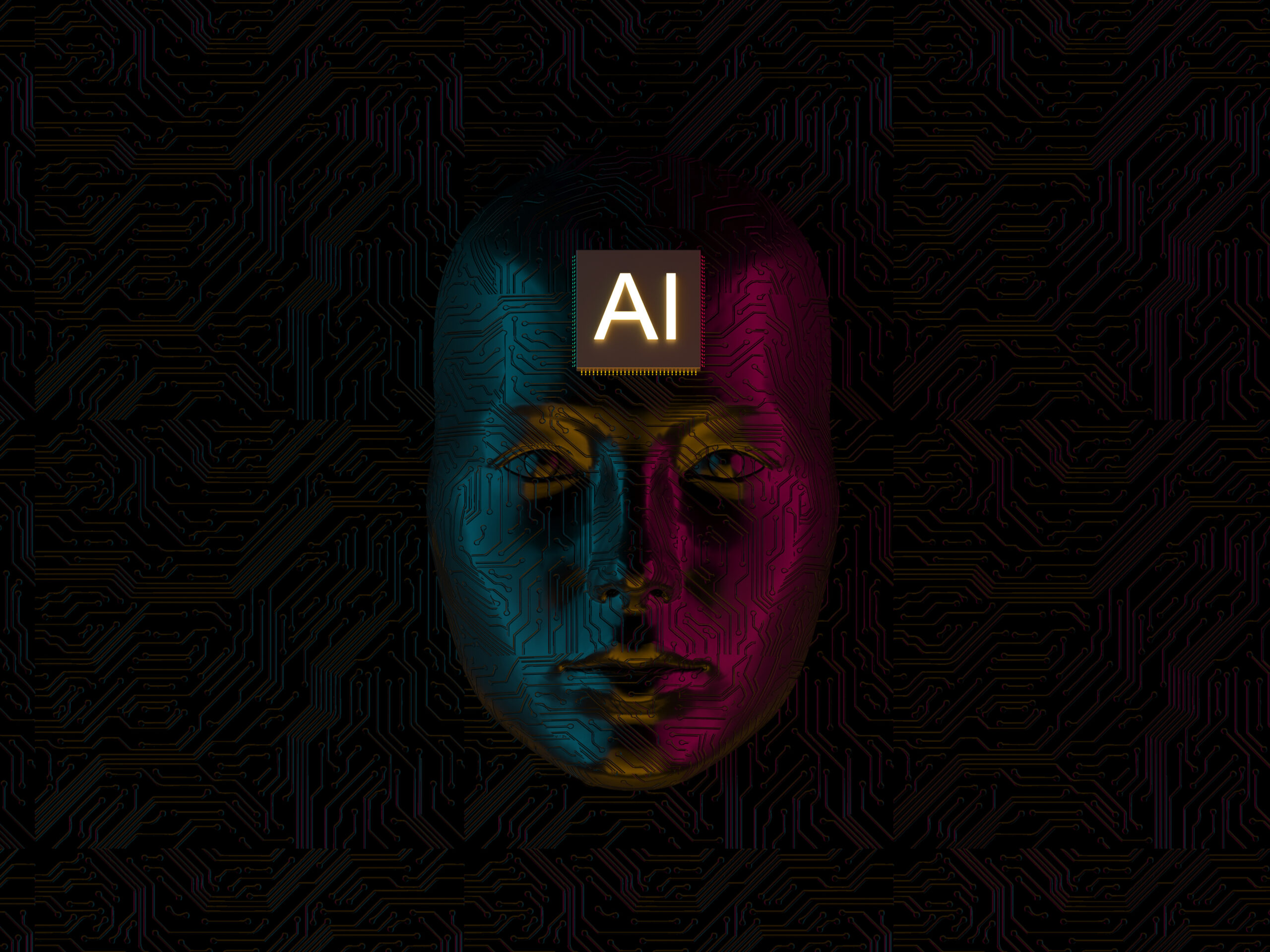Introduction: The Digital Frontier of the Future
The lines between physical and digital realities are blurring. With the rapid evolution of the metaverse and the integration of artificial intelligence (AI), we are witnessing the rise of virtual ecosystems that are not only immersive but intelligently interactive.
This fusion of technologies has the potential to reshape how we work, play, shop, socialize, and even heal. From AI-powered avatars that simulate real human emotions to virtual environments that adapt in real-time, the metaverse is no longer science fiction—it’s becoming a commerce, creativity, and communication frontier.
In this blog, we’ll explore how AI integration enhances the metaverse, the commercial opportunities it creates, and what it means for businesses, developers, and users worldwide.
What Is the Metaverse?
The metaverse is a collective virtual space created by the convergence of physical and digital worlds. It combines elements of:
- Virtual Reality (VR)
- Augmented Reality (AR)
- 3D simulations
- Persistent virtual environments
- Social networking
Think of it as an internet you can step into—a space where your avatar can attend a meeting, shop at a digital mall, or even go on a virtual vacation.
According to a report by McKinsey & Company, the metaverse could generate up to $5 trillion in value by 2030, spanning sectors like retail, education, healthcare, real estate, and entertainment.
Where AI Comes In: The Intelligence Behind the Interaction
While the metaverse creates the canvas, AI is the brush—painting dynamic, responsive, and context-aware experiences that elevate interactivity to a whole new level.
Here’s how AI enhances metaverse ecosystems:
1. Smart Avatars and Virtual Humans
AI enables avatars to:
- Recognize and mirror user emotions
- Speak multiple languages
- Hold natural conversations using Natural Language Processing (NLP)
- Learn user preferences over time
Companies like Soul Machines and Synthesia are already creating lifelike digital humans powered by AI that can serve as customer support reps, therapists, or virtual instructors in the metaverse.
2. Personalized Virtual Environments
With machine learning, virtual spaces can adapt to:
- User behavior
- Mood detection
- Biometric feedback (in connected devices)
This allows metaverse experiences to evolve dynamically—your virtual office may adjust lighting based on your focus levels, or a meditation app could change the environment based on your stress response.
3. AI-Powered Content Generation
AI tools like GPT-4, DALL·E, and Runway ML are already revolutionizing content creation. In the metaverse, this translates into:
- Auto-generated 3D environments
- Custom textures or soundscapes
- Scripted narratives for games or simulations
This dramatically lowers production time and costs for developers and opens the door to user-generated content at scale.
Real-World Examples of AI and Metaverse Integration
Meta (formerly Facebook)
Meta is leveraging AI for real-time translation, avatar animation, and intelligent moderation within Horizon Worlds—its flagship metaverse platform.
Nike’s Nikeland in Roblox
Using AI-driven analytics, Nike customizes virtual experiences, tracks user engagement, and adjusts events in real-time, creating a truly immersive retail environment.
Virtual Therapists in VR Platforms
Platforms like XRHealth are using AI to deliver personalized mental health therapy in virtual clinics—adapting session flow based on biometric input and patient interaction.
These examples prove that AI-powered metaverse experiences aren’t futuristic concepts—they’re already live and evolving.
Commercial Opportunities: Beyond Entertainment
The integration of AI and the metaverse isn’t just for gaming or tech companies. It presents real commercial potential across multiple industries:
Retail & E-commerce
- Virtual try-ons powered by AI (e.g., Warby Parker, Sephora)
- AI stylists and shopping assistants
- Customizable avatars that represent customer preferences
Corporate Training & HR
- Virtual onboarding with AI tutors
- Skill-building simulations for soft and technical skills
- Behavioral feedback powered by AI analysis
Healthcare
- Virtual health consultations with AI diagnostics
- Cognitive therapy in AI-moderated VR environments
- Training simulations for medical professionals
Education
- Immersive learning in historical or scientific virtual spaces
- AI teaching assistants and adaptive learning paths
- Real-time performance tracking and personalization
Creative Arts & Media
- AI-generated music, art, and interactive storytelling
- Immersive virtual galleries and performances
- Creator economy opportunities via NFTs and smart contracts
As AI continues to advance, metaverse marketing strategies will become more hyper-personalized, data-driven, and emotionally intelligent.
Ethical Considerations in AI + Metaverse Integration
While the possibilities are thrilling, this fusion also raises important concerns:
Privacy & Data Ownership
AI systems within the metaverse rely heavily on personal data—from facial expressions to biometric feedback. Clear policies around data collection, consent, and storage are critical.
Bias in AI Algorithms
If not carefully monitored, AI can replicate real-world biases. Developers must ensure inclusive design and transparency in algorithmic decision-making.
Mental Health Risks
Extended immersion in virtual worlds may impact psychological well-being, especially if environments are hyper-stimulating or socially isolating.
To build ethical virtual worlds, safeguards must evolve alongside technology.
The Future: Where It’s All Headed
According to Accenture’s 2024 Technology Vision, 80% of executives believe that AI-enhanced immersive environments will fundamentally change the way people interact with data and each other.
Here’s what’s next:
- AI-powered virtual assistants replacing chatbots in customer support
- Emotionally intelligent avatars for real-time therapy and coaching
- Digital twins that simulate real-world behaviors and systems
- Interoperable metaverses where AI adapts across platforms
In short, AI will be the cognitive engine behind the immersive revolution.
Conclusion: AI Is the Metaverse’s Missing Piece
The integration of AI into the metaverse is not just enhancing experiences—it’s redefining what’s possible.
For brands, developers, educators, and entrepreneurs, this presents an unprecedented opportunity to:
- Craft emotionally intelligent virtual worlds
- Enable personalized, scalable interaction
- Expand reach and ROI through immersive commerce
But as with all powerful technologies, responsible innovation will be key. The future of the metaverse depends not only on what we build—but on how we build it.






